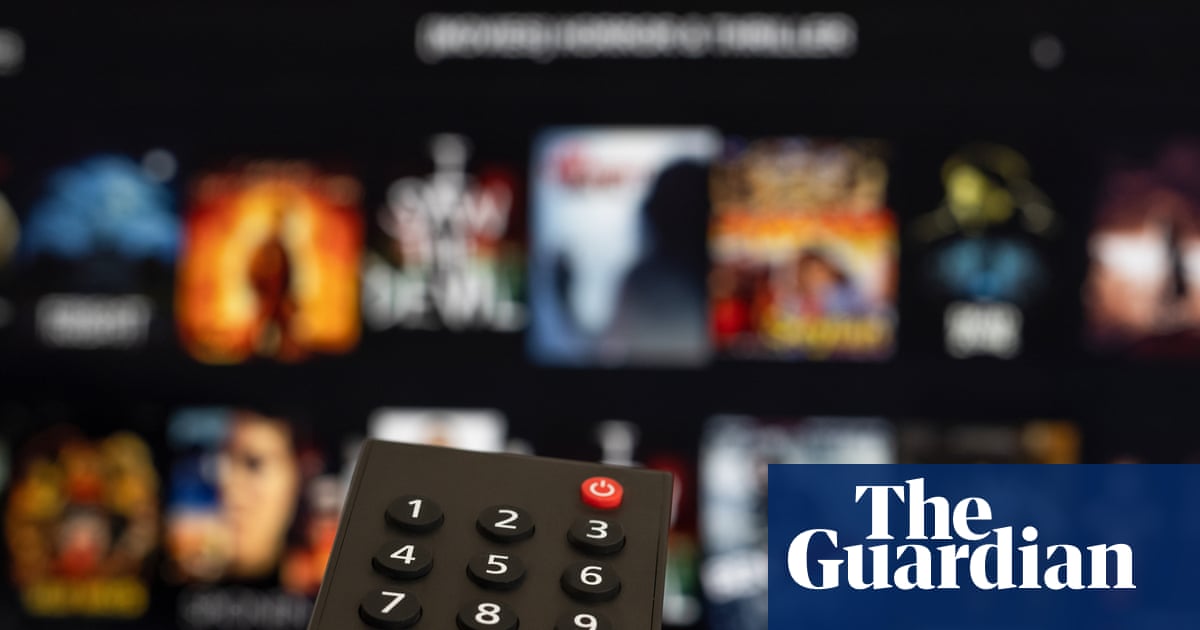A decade and a half on from the Pirate Bay trial, the winds have begun to shift. On an unusually warm summer’s day, I sit with fellow film critics by the old city harbour, once a haven for merchants and, rumour has it, smugglers. Cold bigstrongs in hand (that’s what they call pints up here), they start venting about the “enshittification” of streaming – enshittification being the process by which platforms degrade their services and ultimately die in the pursuit of profit. Netflix now costs upwards of 199 SEK (£15), and you need more and more subscriptions to watch the same shows you used to find in one place. Most platforms now offer plans that, despite the fee, force advertisements on subscribers. Regional restrictions often compel users to use VPNs to access the full selection of available content. The average European household now spends close to €700 (£600) a year on three or more VOD subscriptions. People pay more and get less.
According to London‑based piracy monitoring and content‑protection firm MUSO, unlicensed streaming is the predominant source of TV and film piracy, accounting for 96% in 2023. Piracy reached a low in 2020, with 130bn website visits. But by 2024 that number had risen to 216bn. In Sweden, 25% of people surveyed reported pirating in 2024, a trend mostly driven by those aged 15 to 24. Piracy is back, just sailing under a different flag.



They chose to kill the golden goose by jacking up prices over and over and over. I don’t feel bad for greedy corporations who did this to themselves.
It’s not even that. It’s the fact that each of them has so little content, any attempt to find what you want leads you skipping between like three apps, only to find that your only way to watch that 10 year old movie is to rent it from Amazon for £11.99.
And then you look up how to set up Jellyfin.
And then you check it, also on Amazon, and there it is, on DVD for £3 and BluRay (not UHD) for like £6.
Just checking an average movie I have in cart on UK Amazon (prices are in EUR because I buy them from Slovakia)
Passengers 2017 - New DVD: €3.40 ; New BluRay: €7.56 ; Used BluRay (Very Good condition): €2.08 ; YouTube High Definition: €8.99 (bruh…)
The golden goose (global society, habitable Earth, pick one) is already dead. They’re just trying to eat as much of the corpse as they can so we can’t have any.
They’re not even eating it babe, that meat’s going to rot and you know it. Big monumemtal piles of rotting meat stripped off the world, and all of us paying men with guns to keep us away from it. To make sure nobody who didnt earn it gets a single bite.
Insert Grapes of Wrath quote
My understanding is that rightsholders didn’t take it seriously, so content was cheap to license in the early days of Netflix streaming. That’s no longer the case.
I think that’s fine, but now all the rights holders want 100% of the profit so you have to subscribe to umpteen services that are mostly paid and have unskippable ads.
They had a good thing going and were getting tons of free money from their back catalogs and the customer has never been happier.
Further, the studios saw how Apple cornered the market selling songs for a dollar and didn’t want any one company (Netflix) to have that kind of control again. And it happened the same way: the record industry didn’t take the iTunes Store as anything that could be a huge success and gave Apple a sweetheart deal that they later regretted for leaving money on the table.
The lesson they didn’t learn is that it takes competitive pricing to wipe out (most of) piracy. The desire to squeeze every last drop of profit leads to its resurgence.
Good riddance to studios opening a bajillion streaming services. Sail the high seas and be merry.
yet somehow Spotify figured this shit out.
I mean they’re still enshittifying for shareholders but not due to lack of content.
But, but think about the children…of the executives, do youbreally want that they have to work? You monster!
/s